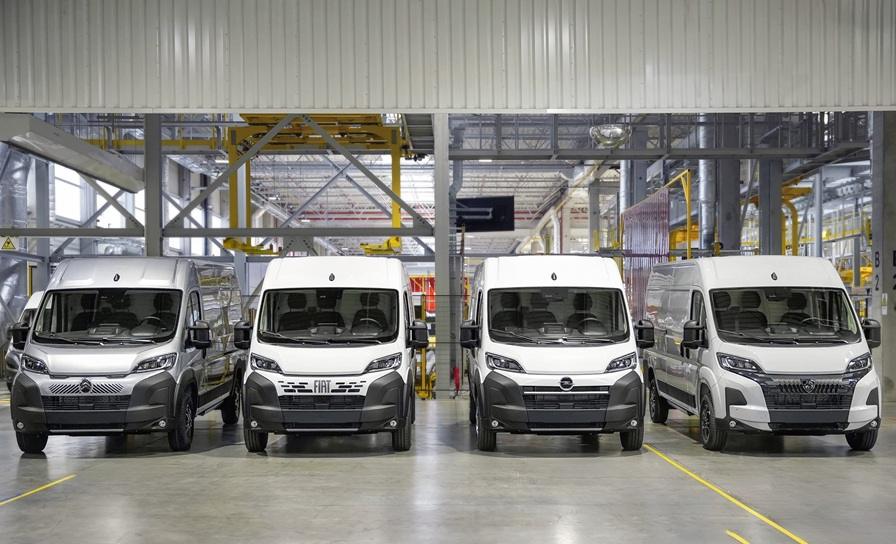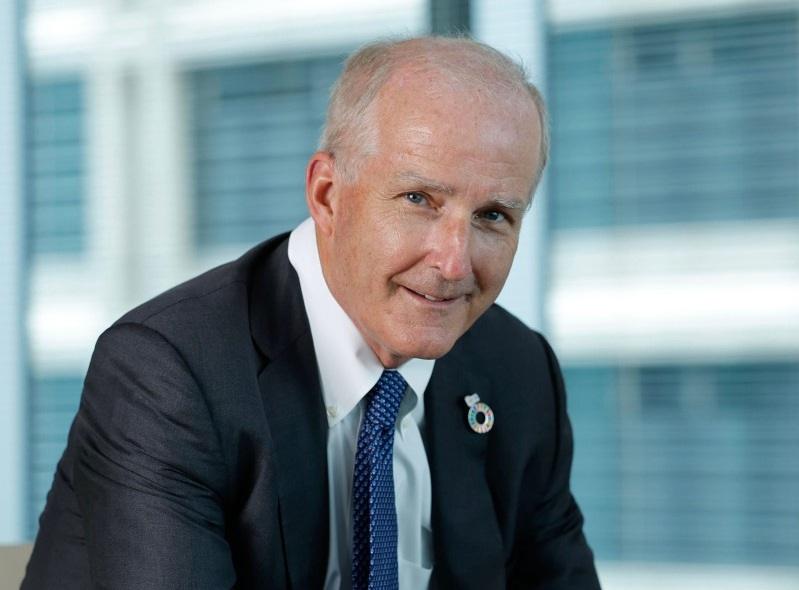Stellantis Drops Plans to Launch Hydrogen-Powered Vehicles
Chrysler, Dodge, Jeep, and Citroen parent Stellantis announced that it has decided to discontinue its hydrogen fuel cell technology development program due to a lack of progress in the hydrogen market.
As part of its decision, Stellantis said that it has dropped its plans to launch a new range of hydrogen-powered vehicles this year.
The expansion of hydrogen fuel cell technology was a component of Stellantis’ strategic plan, Dare Forward 2030, launched by the company in 2022, including plans to reach production capacity of hydrogen-powered vans of more than 10,000 units per year by 2025. In 2023, Stellantis acquired a 33% stake in hydrogen fuel cell systems company Symbio, taking an equal share in the company with joint venture partners Michelin and automotive technology provider Faurecia. In 2024, Stellantis announced plans to start industrial scale production of “Pro One” hydrogen fuel cell vans at its plants in Hordain, France and Gliwice, Poland.
In its update, however, the company said that it will no longer launch the new hydrogen fuel cell vans, and that it has initiated discussions with the Symbio shareholders “to evaluate the current market consequences” of its decision. Stellantis accounts for most of Symbio’s business volume.
According to Stellantis, the decision was made due to a series of factors, including the limited availability of hydrogen refueling infrastructure, as well as high capital requirements, and the need for stronger consumer purchasing incentives, with the company adding that it “does not anticipate the adoption of hydrogen-powered light commercial vehicles before the end of the decade.”
Jean-Philippe Imparato, Chief Operating Officer for Enlarged Europe, said:
“In a context where the Company is mobilizing to respond to demanding CO2 regulations in Europe, Stellantis has decided to discontinue its hydrogen fuel cell technology development program. The hydrogen market remains a niche segment, with no prospects of mid-term economic sustainability. We must make clear and responsible choices to ensure our competitiveness and meet the expectations of our customers with our electric and hybrid passenger and light commercial vehicles offensive.”





